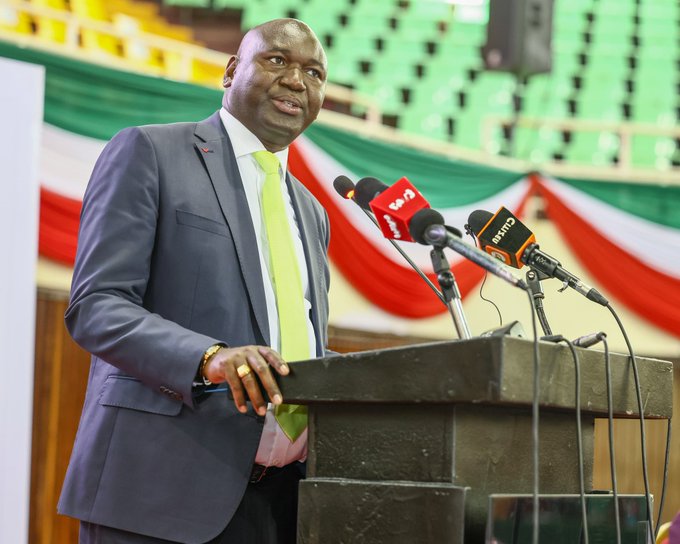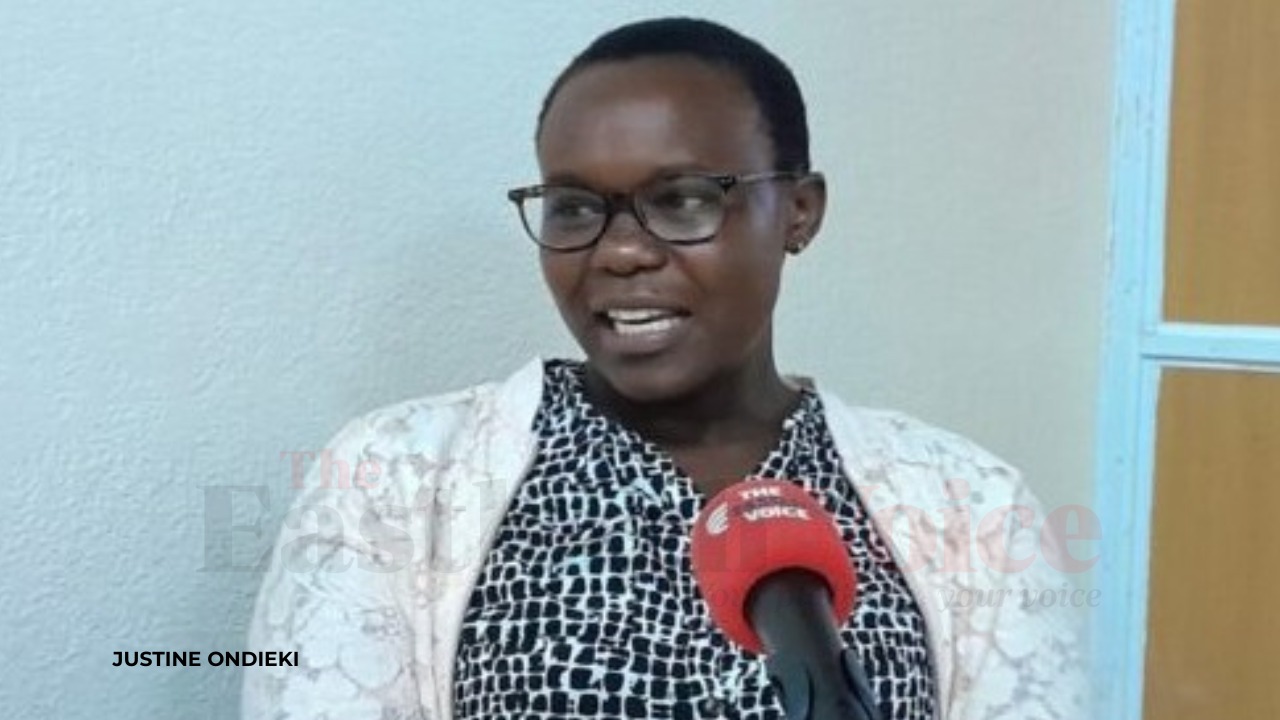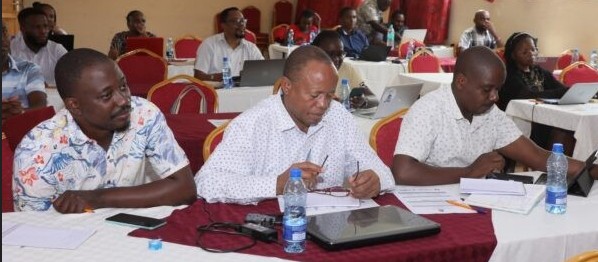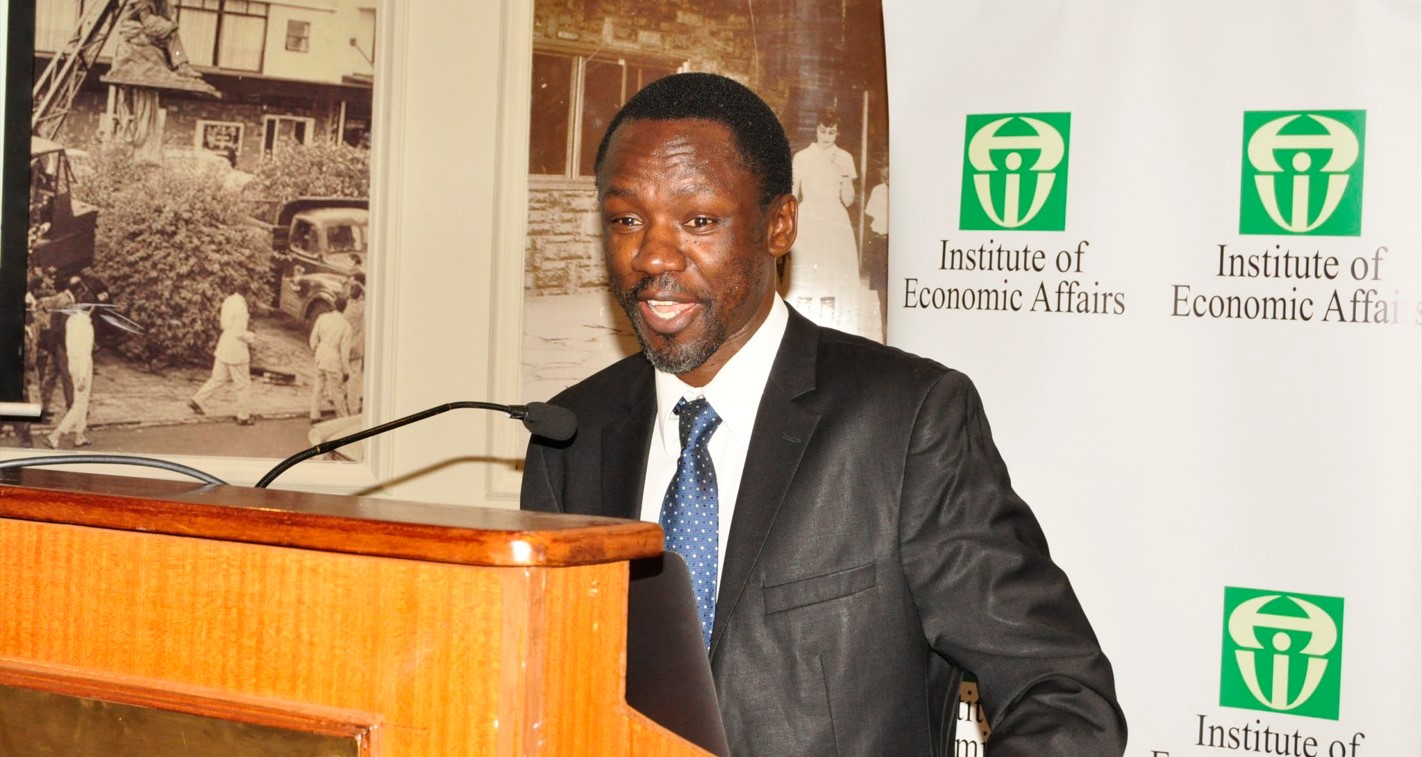Concerns over return of terror attacks in Mandera as Kenyan forces leave Somalia
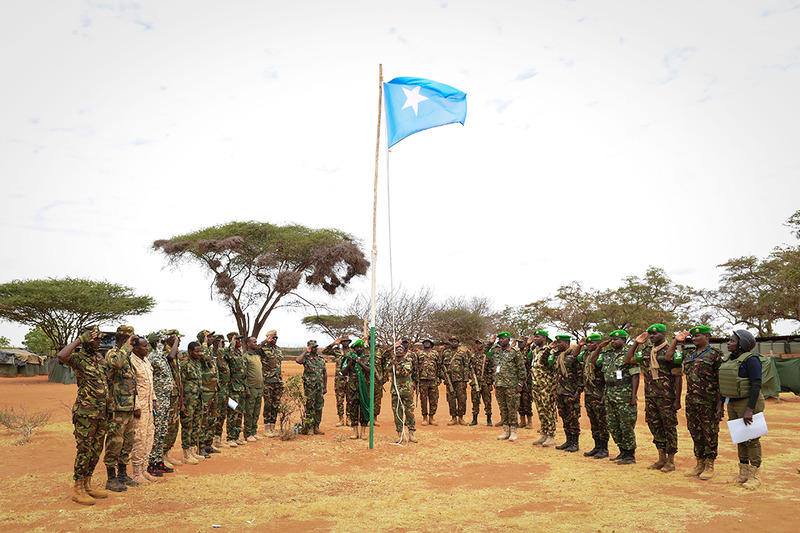
Somali forces are yet to occupy the two bases of Burahache and Gherile from where Kenyan soldiers withdrew in July last year
A rise in terror incidents in Mandera County in recent months is now raising concerns as to what has triggered a trend that came to the fore three years ago when Al-Shabaab militants took over mosques, imposed a tax on local businessmen, and destroyed crucial installations such as telecommunication masts.
Though the recent cases have been small-scale, seemingly targeting non-locals, the frequency at which they have occurred is now a matter of concern.
More To Read
- Police repel Al-Shabaab raid on Chinese workers’ camp in Mandera
- UN Security Council extends sanctions oversight on Al-Shabaab
- Mandera County declares severe drought emergency as water sources dry up
- Over 170,000 livestock targeted as Mandera and Garissa ramp up vaccination drives
- 868 Al-Shabaab militants killed since February - Somali Defence Ministry
- Kenya and UK celebrate gains against violent extremism at Ethiopia and Somalia borders
According to multiple sources, the intermittent attacks could be linked to the ongoing withdrawal of the African Union Transition Mission in Somalia (Atmis) forces from Somalia.
Early July last year, Kenyan troops withdrew from Burahache and Gherile forward operating bases (FOBs) close to the border with Somalia as part of the drawdown. Somali forces are yet to occupy the two bases.
The situation is further complicated by the huge ungoverned space at the border on both sides that gives room for the militia to roam freely.
While handing over the Gherille FOB at the time, Major Terence Shitanda Soita said the base had significantly contributed to the safety and security in the region by facilitating operations against Al-Shabaab and other armed groups.
What followed in two weeks was an attack by the militia at the base, with a similar incident on August 26 in the Galgaduud region. This made Somalia request an extension of phase three of the drawdown to allow Somalia forces time to secure the key areas.
"This unforeseen turn of events has stretched our military forces thin, exposed vulnerabilities in our front lines, and necessitated a thorough reorganisation to ensure we maintain our momentum in countering Al-Shabaab threat," Somali National Security Adviser Hussein Sheikh Ali said in a letter to the UN Security Council in September last year.
Ali added that the Somalia Security Forces (SSF) required a period of respite for recovery while they continued their advance towards areas dominated by the terror group after months of an aggressive onslaught against by the Somali forces.
The pause in the onslaught saw the country signal its readiness to invite the militia to dialogue on the government's terms, with the Somali president noting that dialogue was more sustainable rather than "killing and chasing away" members of the militia.
Atmis is now set to fully withdraw from Somalia by December this year and usher in a new and final mission for a definite period of five years before the country takes full control of its security.
The new mission that has been dubbed the AU Stabilisation and Support Mission in Somalia (AUSSOM) is scheduled to enter the country starting in December.
Last Saturday, a government vehicle was stolen by suspected Al-Shabaab militants who ambushed its driver, identified as Affey Saman, at the Ali-Bililiqa area of Kamor Location in Mandera East and killed him before escaping in the vehicle.
On Saturday evening, Mandera County Commissioner Henry Ochako confirmed the incident, as a search for the vehicle with the help of officials from Somalia continues inside the country.
Last month, a lone attacker left an explosive outside a hotel that is frequented by non-locals, raising suspicion amongst the workers.
According to the hotel workers, the man had been spotted holding a bag before leaving it unattended, forcing one of the hotel’s employees to inspect it. The device exploded as the workers were calling the police for help.
Four people who were injured in the incident were rushed to Mandera Referral Hospital for treatment.
The attack happened nearly two weeks after a multi-agency team killed four Al-Shabaab insurgents and recovered weapons including an RPG, four RPG warheads, a PKM machine gun, three AK-47s, seven AK-47 magazines, five pistols each with a magazine and five mobile phones.
In April, a donkey-borne homemade bomb that was placed outside an administration police camp in Elwak, Madera County claimed 12 lives and left others injured.
In yet another incident that occurred in January, a donkey cart was used to ferry an IED at the Kenya-Somalia border close to where Kenyan police officers were on duty.
The cart left Bula Hawa in Somalia without detonating on the local security officers manning the border, crossed the no man’s land and entered Kenya where it was intentionally diverted from the main road to where some Kenyan officers were sheltering when it exploded, killing one officer and critically injuring four others.
“We believe they (attackers) were targeting our officers because the cart and its guide passed their (Somalia) checkpoint without detonating it, only to do so after the rider diverted to where our officers were sitting under a shade and jumped off the cart,” former Mandera Commissioner Amos Mariba said at the time.
In response to the threats, security agencies have been conducting raids targeting Al-Shabaab positions in Mandera, Wajir, and Garissa counties, whose hideouts are spread across Iresqinto, Kutayu, and Boji.
The raids have thwarted the militia’s activities and recovered multiple items, among them weapons, medicine, as well as the militants themselves.
In the latest raid on a makeshift Al-Shabaab camp in the DigDiga area in Fafi within Garissa County on Wednesday last week, the security team recovered AK-47rifles and ammunition, grenades, radios, indoctrination material, batteries, animal snares and jerrycans, thwarting what is believed to have been a plan to attack security officers in the sub-county.
Top Stories Today
